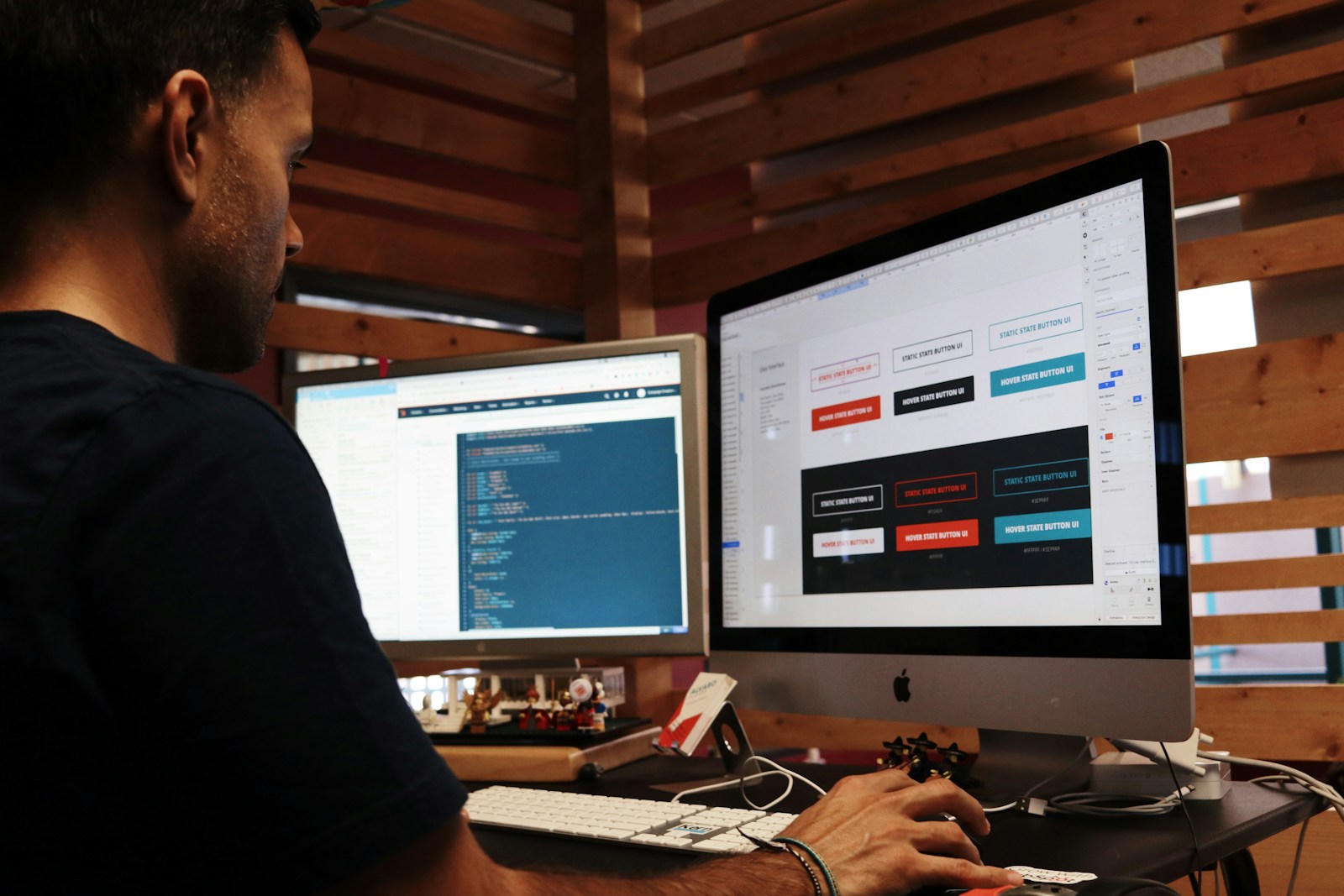As an entrepreneur deeply entrenched in the world of web development, with a focus on front-end design and development, the question of whether AI will replace front-end developers is both intriguing and pertinent. Let’s delve into this topic and explore the potential impact of AI on the role of front-end developers.
Understanding the Landscape
The Rise of Artificial Intelligence in Web Development
In recent years, artificial intelligence has made significant strides in various industries, including web development. AI-powered tools and frameworks are increasingly being utilized to automate repetitive tasks, enhance user experiences, and streamline development processes. From generating code snippets to optimizing website performance, AI is revolutionizing how websites are designed and built.
The Role of Front-End Developers
Front-end developers play a crucial role in crafting the user interface and experience of websites. They are responsible for translating design concepts into code, ensuring compatibility across different devices and browsers, and optimizing performance for seamless user interactions. Their expertise lies in HTML, CSS, JavaScript, and frameworks like React or Angular, coupled with an eye for design and usability.
AI’s Impact on Front-End Development
Automation of Routine Tasks
AI-powered tools are increasingly automating routine tasks in front-end development, such as code generation, image optimization, and layout design. For example, tools like Adobe’s Sensei and Google’s AutoML can analyze design elements and generate code snippets based on predefined parameters. While this streamlines development workflows, it raises questions about the future role of front-end developers in executing these tasks manually.
Enhanced User Experience
AI algorithms can analyze user behavior, preferences, and feedback to personalize website experiences dynamically. From recommending products to predicting user interactions, AI-driven interfaces can adapt and evolve based on real-time data. Front-end developers play a crucial role in integrating these AI functionalities into websites, ensuring seamless integration and optimal performance across different platforms.
Evolution of Design Tools
AI is reshaping design processes with tools like Figma, Sketch, and Adobe XD incorporating AI-driven features such as automated layout suggestions, color palettes, and prototyping. While these tools empower designers to explore creative possibilities and iterate rapidly, they also blur the lines between design and development. Front-end developers must adapt to these evolving tools and collaborate closely with designers to translate AI-generated designs into functional interfaces.
The Future of Front-End Development
Collaboration and Adaptation
While AI may automate certain aspects of front-end development, it cannot replace the human touch and creativity that front-end developers bring to projects. Instead, AI serves as a powerful ally, augmenting developers’ capabilities and enabling them to focus on higher-level tasks such as problem-solving, innovation, and user experience optimization. Collaboration between AI and human developers will be crucial in harnessing the full potential of both.
Embracing Continuous Learning
In the rapidly evolving landscape of web development, continuous learning and adaptation are essential for staying relevant. Front-end developers must embrace AI technologies, upskill in areas such as machine learning, natural language processing, and data analysis, and explore how these technologies can enhance their workflows and deliverables. By staying ahead of the curve, developers can future-proof their careers and leverage AI as a catalyst for innovation.
Leveraging Specialized Expertise
While AI can automate certain tasks, it cannot replace the specialized expertise and domain knowledge that front-end developers bring to projects. Developers with a deep understanding of user interface design principles, accessibility standards, and performance optimization will remain invaluable assets in creating impactful and user-centric websites. By leveraging their expertise in conjunction with AI capabilities, developers can deliver truly exceptional digital experiences.
Conclusion: Embracing the Future
In conclusion, while AI holds immense potential to transform various aspects of front-end development, it is unlikely to replace front-end developers entirely. Instead, AI serves as a catalyst for innovation, enabling developers to automate routine tasks, enhance user experiences, and unlock new creative possibilities. By embracing AI technologies, continuously learning and adapting, and leveraging their specialized expertise, front-end developers can thrive in an increasingly AI-driven landscape.
Join Us on the Journey of Innovation!
If you’re interested in exploring cutting-edge technologies and pushing the boundaries of web development, join us at LearnyHive. Our platform offers personalized learning paths and comprehensive resources to empower developers on their journey to excellence.
And for bespoke web development services tailored to your unique needs, visit UnikBrushes. Our team of experienced professionals is dedicated to bringing your vision to life with stunning and user-friendly websites.
Thank you for reading, and let’s embrace the future of front-end development together!




